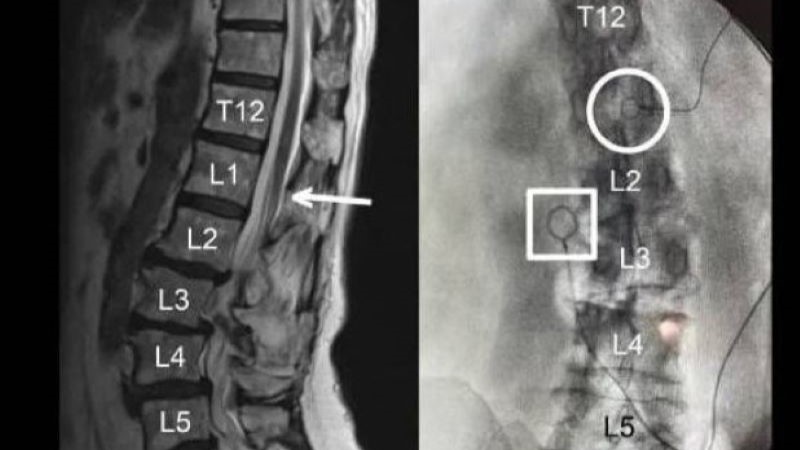
Contrary to previous research, a study found that black race is not a statistically significant risk factor in failure and revision in total knee replacement (TKR); further, no association was observed between poverty and risk for failure or revision.
Calling the study results shocking, lead study author Anne R. Base, MD, an attending physician and program director of the Rheumatology Fellowship Program at Hospital for Special Surgery, and a professor of clinical medicine at Weill Cornell Medicine, said in a press release, “There was a trend toward race being a risk factor, but it was not statistically significant, and poverty had no impact: There wasn’t even a trend.”
To conduct their research, published in Arthritis Care & Research, the study authors compared black and white patients from a prospective, single-institution TKR registry who underwent primary unilateral TKR; those data were linked to the New York Statewide Planning and Research Cooperative System database to identify any revisions performed at a different institution. TKR failure was defined as either TKR revision in New York state two years or less after surgery or Hospital for Special Surgery (HSS) TKR quality of life score “not improved” or “worsened” after two years.
Individual case addresses were geocoded to connect patients to their U.S. census tracts and census blocks. Census tracts are small areas with about 4,000 people, and blocks are subdivisions of these tracts that include about 1,000 people. People living in the same census tracts and census blocks tend to have similar characteristics, living conditions, and economic status.
“We obtained census- tract– and block- level socioeconomic variables from the American Community Survey/US Census using the Geographic Information Systems. The percentage of individuals below the poverty line at the census- tract level is highly sensitive to gradients in health,” the researchers clarified.
Final analysis included 4,062 patients. Mean (SD) age was 68.4 (10.0) years, and most (64%) of the cohort was female; 8% of patients lived in census tracts where more than 20% of the population was below the poverty line, and 9% were black. During a median 5.3 years of follow-up, 3% of patients (n = 122) underwent revision at a mean 454 (interquartile range 215–829) days postoperatively. Black patients had higher risk for TKR revision (hazard ratio 1.69, 95% CI 1.01–2.81); however, this was no longer significant in multivariable analysis, which found that the only predictors of revision were younger age, male sex, and constrained prosthesis. Of 2,832 cases with two-year surveys, 7% (n = 200) presented TKR failure; risk factors included were non‐osteoarthritis TKR indication, low surgeon volume, and low HSS Expectations Survey score—black race was not a factor, the researchers noted. There were no associations between community poverty and TKR revision or failure.
One of the researchers’ recommendations is to undergo TKR at a high-volume hospital under an experienced surgeon.
“Younger people and males are typically more active, putting more strain on their implants. Constrained prostheses are only used in patients with bigger deformities and ligament imbalances, which tend to put more strain on the implant and loosen the bone-cement interface,” said study author Mark P. Figgie, MD, an attending orthopedic surgeon and Chief Emeritus of the Surgical Arthritis Service at HSS, and professor of clinical orthopedic surgery at Weill Cornell Medicine, in a press release. “Our findings suggest that all patients should seek care from experienced surgeons at a high-volume hospital.”
Looking ahead, the researchers are planning to conduct a larger study in different regions.







 © 2025 Mashup Media, LLC, a Formedics Property. All Rights Reserved.
© 2025 Mashup Media, LLC, a Formedics Property. All Rights Reserved.